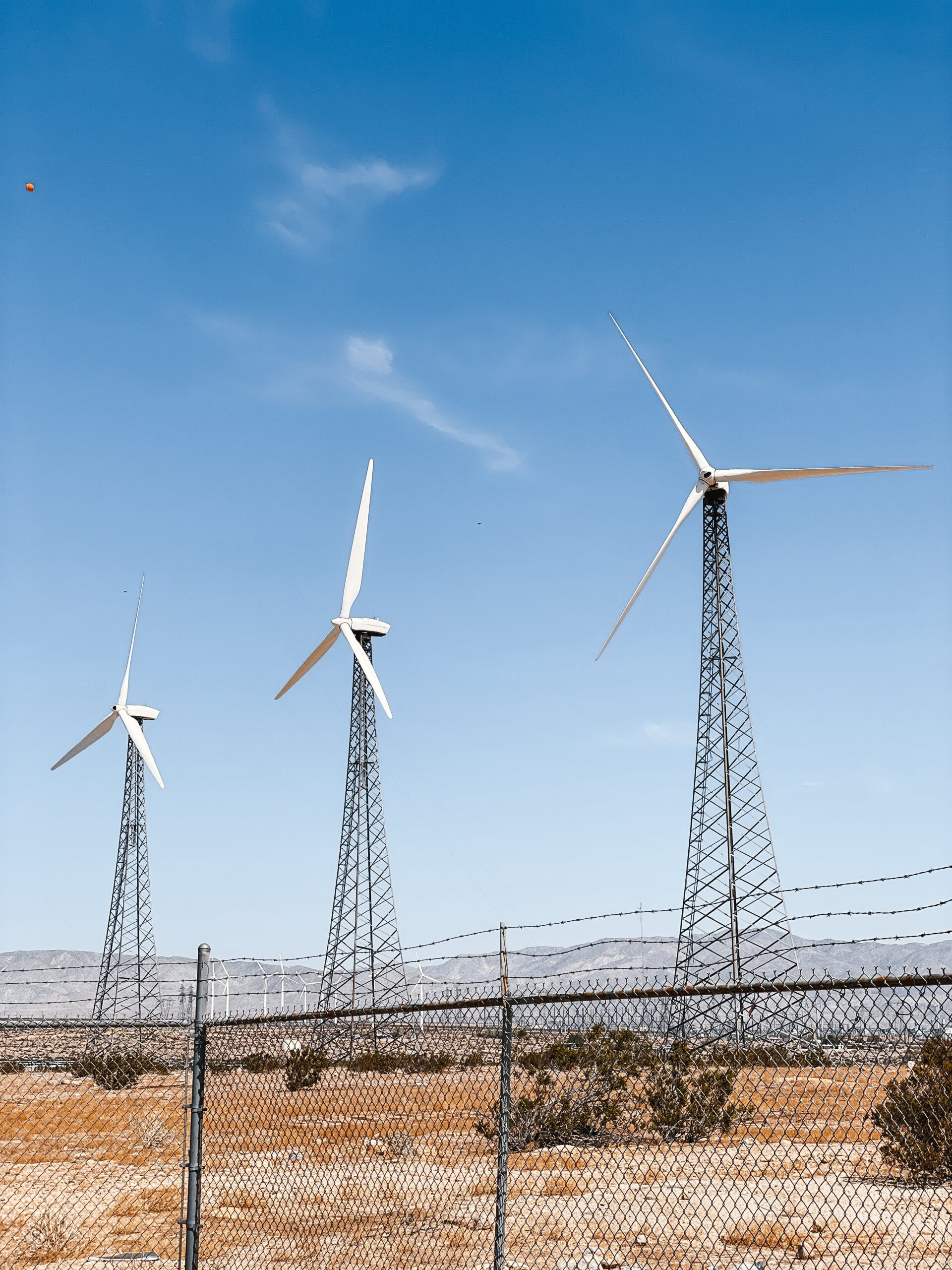Green Stocks Get hit hard

Investing in green stocks may be the worst financial move of the year, especially for those who put money into the iShares Global Clean Energy ETF (ICLN), the primary proxy for the sector. Its value has dropped 28% this year. It is described as tracking the “investment results of an index composed of global equities in the clean energy sector.” Its return since inception (2008) is -6 %. The net assets of the ETF are $2,826,485,972.
iShares Global Clean Energy ETFs primary holdings are FIRST SOLAR INC, ENPHASE ENERGY INC, CHINA YANGTZE POWER LTD A, EDP ENERGIAS DE PORTUGAL SA, OERSTED, and SOLAREDGE TECHNOLOGIES INC. These are almost 40% of the portfolio based on dollars.
Why are the iShares Global Clean Energy ETF and its peers struggling? Financial problems with some “green” sectors are the major culprits. Reuters pointed out that “a rapid rise in interest rates, surging raw materials costs and supply chain disruptions make the fund less attractive to investors.” The Wall Street Journal echoed this, “Clean-energy stocks have fallen out of favor, with pressures created by rising rates outweighing supportive government policies.”
The primary issue the “clean” or “green” energy companies have is slow adoption. Fossil fuels continue to be a huge business which is extremely profitable. The largest global fossil fuel corporations have billions of dollars on their balance sheets, billions in revenue and earnings, and easy access to capital markets. None of the Big Oil companies has made a substantial effort to invest in clean energy initiatives, which deprives the sector of what should be its major source of capital.
Another challenge is that the cost of fossil fuels compared to clean alternatives is favorable in many cases, as is the infrastructure for Big Oil and Big Coal to deliver energy. The electric grid in the US is in place. Despite important infrastructure upgrades, delays in this work have saved the utility industry money via low capital spending. Perhaps most importantly, the gas-powered car industry has an ongoing advantage over EVs. Gas is plentiful, and there are 125,000 gas stations in America. Driving EVs is much less convenient.
At the other end of the energy industry, even large companies cannot carry the costs of building green energy systems. For example, Siemens, one of the world’s largest companies, has been plagued by cost and implementation problems with its wind energy systems. This, in turn, has hurt earnings and taken away part of the incentive for Siemens to remain in the business. Denmark’s Orsted has just written off $5.6 billion as it has withdrawn from ocean-based wind farms. Chinese solar energy firm Trina Solar recently said it cannot make money in its European operations. And these three companies have access to capital that early-stage clean energy companies do not.
If anything discourages the clean energy movement, it is to see the largest sector ETF by assets significantly underperforming the larger global equities markets.
More from ClimateCrisis 247
- Oil Become Energy King Again
- It’s fracking marvelous: Geothermal set to Become Miracle new Energy Source
- Drill, Exxon, drill: Largest U.S. Oil company announces Aggressive production Plan
- Opinion: COP29 Has Become A sad, Sad Circus Where Big Oil is the Boss






